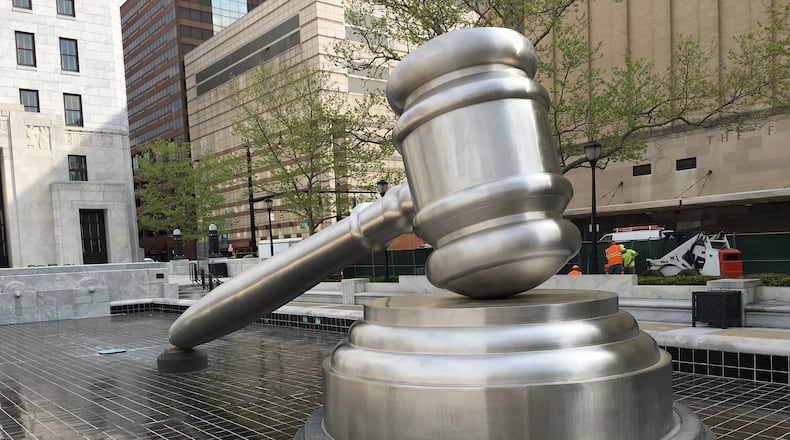RELATED: Mediation fails in cash-strapped St. Clair Twp. suit against Hamilton
However, the auditor’s office adjusted the boundaries and thus the taxes, and the Board of Elections disallowed multiple jurisdiction voting because both believed the annexations were finalized.
When the city was told about a probe into the matter, it received permission from commissioners last October to create a “paper township,” which adjusted the city’s boundaries to include the annexed properties.
The township’s legal advisor Gary Sheets says that action triggered a law that says townships must be compensated for 12 years for the money lost due to the boundary shift.
Hamilton is claiming the land in question was annexed prior to an annexation law that took effect in 2002 that provides compensation to townships, therefore the law can’t be applied here. The city also told the high court the township hasn’t presented any claims for which relief can be granted.
“The township alleges it has a right to lost tax revenues, yet it does not plead and has not presented a scintilla of evidence on what those revenues are, the properties from which the revenues derive or even the taxes that are to be applied,” Catherine Cunningham wrote for the city. “The township simply attempts to shift its burden to prove any case to the city by erroneously claiming R.C. 709.19 establishes a clear legal duty for the city to establish its case then pay it compensation. It cannot.”
She went on to say the township has laid blame on Butler County auditors through the years “for not properly allocating and distributing inside millage over the past half century’ from territory where the township provided no services, had no electors and exercised no jurisdiction.”
“The township implored the city to ‘recognize a moral obligation’ to St. Clair Township to make amends for the financial loss here inflicted on St. Clair Township.” Cunningham wrote. “Such an obligation is not a clear legal duty under any theory.”
RELATED: High court orders mediation in annexation revenue case
Sheets said Hamilton has misconstrued what is important here and that is the commissioners’ actions last year, not the annexations that occurred decades ago.
“I fully anticipate the Ohio Supreme Court will overrule Hamilton’s motion to dismiss and in the process deal a death blow to the city’s unreasonable reading of R.C. 709.19(B),” Sheets said.
In May the high court ordered the two sides into settlement talks but Sheets said the city quit last month after it received documents from the Ohio Department of Taxation.
About the Author
